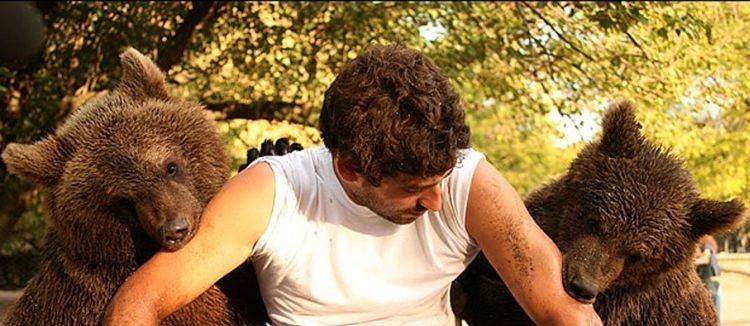|
|
In ZOO With Predators, Argentina
|
The oldest existing zoo, the Vienna Zoo in Austria, evolved from the Imperial Menagerie at the Schönbrunn Palace in Vienna, an aristocratic menagerie founded in 1752 by the Habsburg monarchy, which was opened to the public in 1765. In 1775, a zoo was founded in Madrid, and in 1795, the zoo inside the Jardin des Plantes in Paris was founded by Jacques-Henri Bernardin, with animals from the royal menagerie at Versailles, primarily for scientific research and education. The Kazan Zoo, the first zoo in Russia was founded in 1806 by the Professor of Kazan State University Karl Fuchs. The Zoological Society of London, founded in 1826 by Stamford Raffles, adopted the idea of the Paris zoo when they established the London Zoo in Regent's Park in 1828, which opened to paying visitors in 1847.Dublin Zoo was opened in 1831 by members of the medical profession interested in studying animals while they were alive and more particularly getting hold of them when they were dead. The first zoological garden in Australia was Melbourne Zoo in 1860. In the same year, Central Park Zoo, the first public zoo in the United States, opened in New York, although in 1859, the Philadelphia Zoological Society had made an effort to establish a zoo, but delayed opening it until 1874 because of the American Civil War.
The zoo in Thiruvananthapuram, Kerala, India is one of the oldest in the country, and was established as an adjunct to the Museum in 1857 by the erstwhile Maharaja of Travancore in order to attract more visitors.
In 1907, the German entrepreneur Carl Hagenbeck founded the Tierpark Hagenbeck in Stellingen, now a quarter of Hamburg. It is known for being the first zoo to use open enclosures surrounded by moats, rather than barred cages, to better approximate animals' natural environments.
When ecology emerged as a matter of public interest in the 1970s, a few zoos began to consider making conservation their central role, with Gerald Durrell of the Jersey Zoo, George Rabb of Brookfield Zoo, and William Conway of the Bronx Zoo (Wildlife Conservation Society) leading the discussion. From then on, zoo professionals became increasingly aware of the need to engage themselves in conservation programs, and the American Zoo Association soon said that conservation was its highest priority. Because they wanted to stress conservation issues, many large zoos stopped the practice of having animals perform tricks for visitors. The Detroit Zoo, for example, stopped its elephant show in 1969, and its chimpanzee show in 1983, acknowledging that the trainers had probably abused the animals to get them to perform.
|
|









